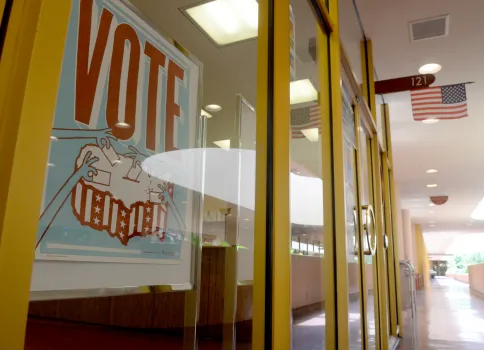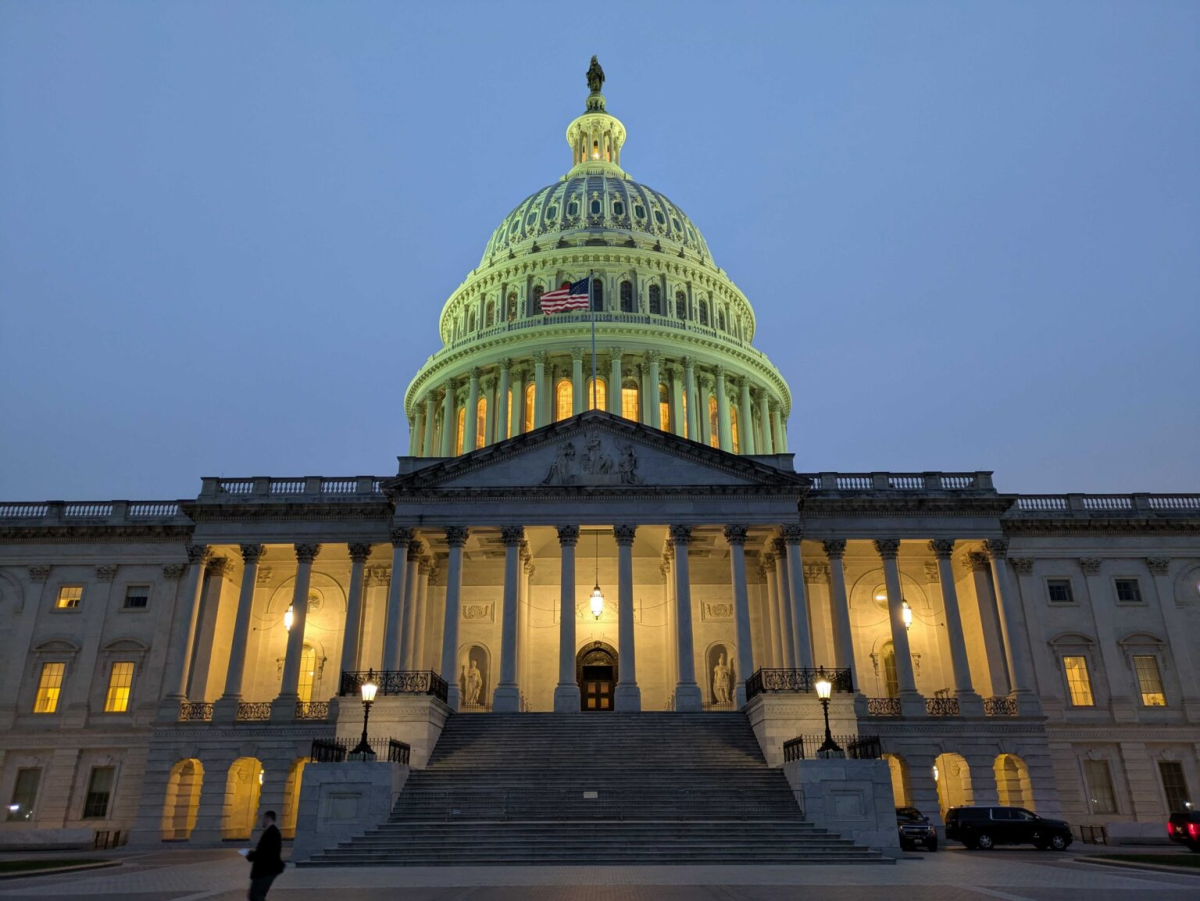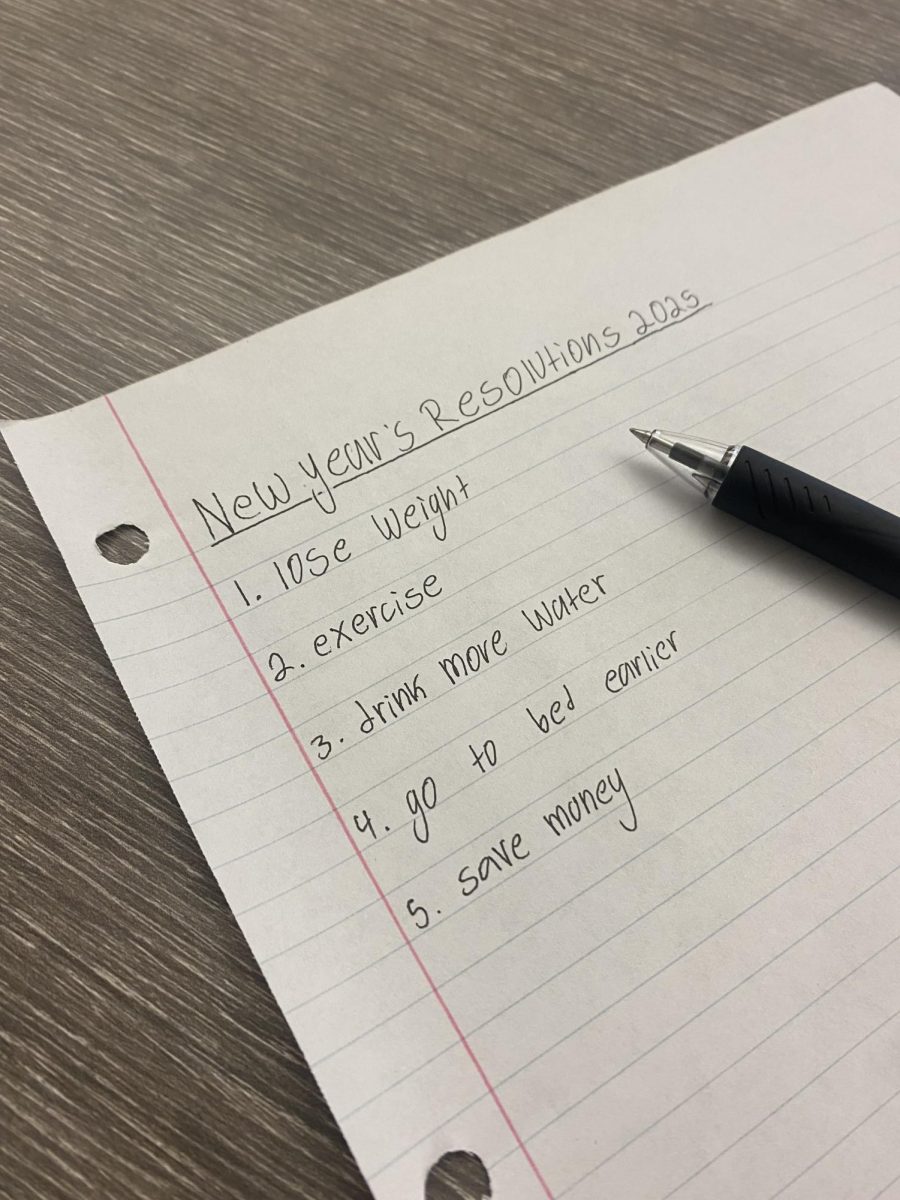A new year marks a time of renewal, encouraging people to reflect on themselves and what they want to accomplish in the new year. Some view the arrival of a fresh 365 days as a blank slate, an opportunity to reinvent themselves and grow. Others remain skeptical and dislike the idea of resolutions due to the pressure and expectations surrounding them. With goals ranging from fitness and wellness to hobbies and habits, millions of people continue to make resolutions each New Year. The issue that remains is ensuring that you are making goals that can be sustained in the long run.
The origins of New Year’s resolutions can be traced back thousands of years, as the ancient Babylonians are believed to be among the first to conduct such a tradition. During Akitu, a religious festival, the Babylonians made promises to the gods about repaying debts. In Rome, Romans offered sacrifices to the god Janus, who January was named after, and promised to conduct themselves well in the coming year.
Years later, resolutions are still made by people each year, but instead of revolving around spirituality and sacrifice, they mainly involve self-improvement and growth. For example, Terra Linda junior Claire Moussa’s resolutions are primarily about organization and staying on track throughout the school year. She reflected on how she used to simply rely on her memory for her homework, but recently realized the effectiveness of writing it down. “And I started doing that near the end of the 2nd semester,” Moussa explained, “I was like, ‘Oh, this is useful’. So I think I wanna start using a planner or something to stay more organized.” Moussa went on to state how she believes New Year’s offers a concrete time to begin working on goals you have, as at any other time of the year it is easier to brush them off or save them for later. “This gives people an excuse to make it a goal for themselves, so it’s more motivation. Like, okay, new year, new me.”
Despite people starting off ambitious and with good intentions, a large portion of resolutions are not followed through with. According to Columbia University, only about twenty-five percent of people stay committed to their resolutions for longer than thirty days. The second Friday in January is often even referred to as Quitter’s Day, due to this being when many people give up on their resolutions. TL social science teacher Lisa Coyne offered her perspective that this is due to the large number of vague and general goals that people make, without having specific steps to actually follow through with them. Instead of a vague resolution like ‘I’m going to be healthier’, Coyne proposes making it more specific. “Instead, say you’re going to go to the gym Monday, Wednesday, and Friday at 5 o’clock for an hour. And if you have a more specific goal, it’s easier to stick to it.”
TL social science teacher Peter Bowman stated that people often overlook potential obstacles that may stand in the way, leaving them unprepared and preventing them from accomplishing their goals.. To prevent such hindrances, Bowman recommended having what he calls an “accountability partner”, someone to ensure that you are on the right track when carrying out certain plans. Bowman explained, “That’s an important thing to achieve goals so you have somebody that is checking on you, your progress, and keeping you accountable.” They could check that you have completed steps, question you when you fall behind, or remind you of goals you wished to complete. Having that helpful presence may give you the motivation to keep going.
New Year’s provides an opportunity for people to reflect on themselves and who they want to be in the future. While it may be easy to get distracted and fall off track as the year progresses, this only makes it more important to create goals that are specific and contain outlined steps to ensure your resolutions are realistic and achievable long-term. This way, what starts as a hopeful plan can eventually become a habit, carried with you in the years to come.




























































